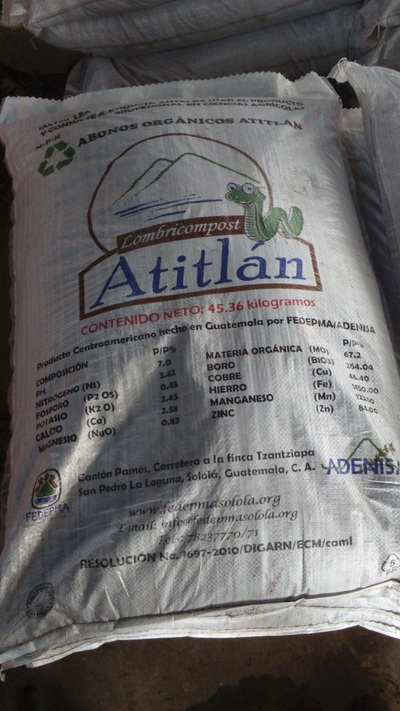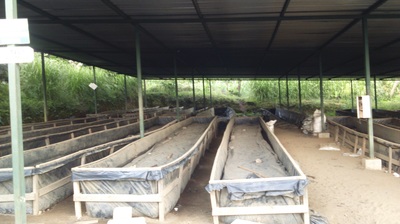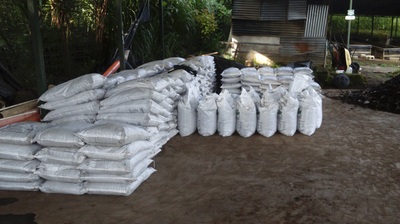ADENISA

Based in the canton Parnes, Tzantziapa road to the farm in the municipality of San Pedro La Laguna, Department of Solola, Guatemala, Adenisa was created on June 25th in 2004 by a group of farmers in order to improve their income and standard of living.
Its main activity is the production of organic and conventional coffee and Lombricompost fertilizer.
Currently, they have 52 members, 35 men and 17 women.
Its main activity is the production of organic and conventional coffee and Lombricompost fertilizer.
Currently, they have 52 members, 35 men and 17 women.
Atitlán coffe: tHE BEST of the world
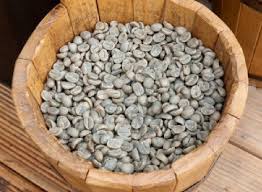
Do you know why the coffee of Atitlán is the best? Because we have the best kind of beans.
Atitlán coffee has a deep body, stunning acidity and fruit, and hints of chocolate and cinnamon. Also this coffee is an SHB which is the highest grade a Guatemalan can receive.
Atitlán coffee has a deep body, stunning acidity and fruit, and hints of chocolate and cinnamon. Also this coffee is an SHB which is the highest grade a Guatemalan can receive.
- SHB (Strictly Hard Bean) specifies that the coffee was grown at an altitude above 1350 meters. This term is also synonymous with SHG/Strictly High Grown; this classification is higher than HB.
oUR COFFEE
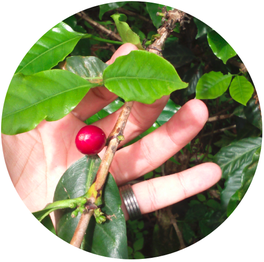
- Quality: First quality
- Kind of beans: SHB
- Kind of ground: volcanic
- Aroma: Chocolate
- Flavor: Citrus
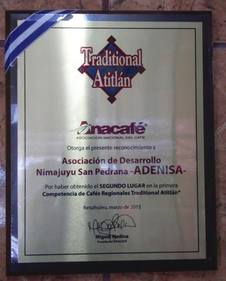
Our coffee has won the second place in the first "Regional Competition of Traditional Atitlán cafés". March 2015.
Lombricompost fertilizer
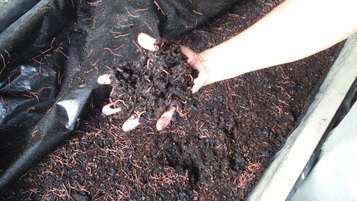
is the product or process of composting using various worms, usually red wigglers, white worms, and other earthworms to create a heterogeneous mixture of decomposing vegetable or food waste, bedding materials, and vermicast. Vermicast, also called worm castings, worm humus or worm manure, is the end-product of the breakdown of organic matter by an earthworm.
ADENISA use a red worms who called Eisenia fetida. They feed the worms with a mixed of coffee pulp, organic waste and cow poop. The entire cycle lasts about 6 months. The plant has 23 batteries which produces 1,500,000 kg a year.
